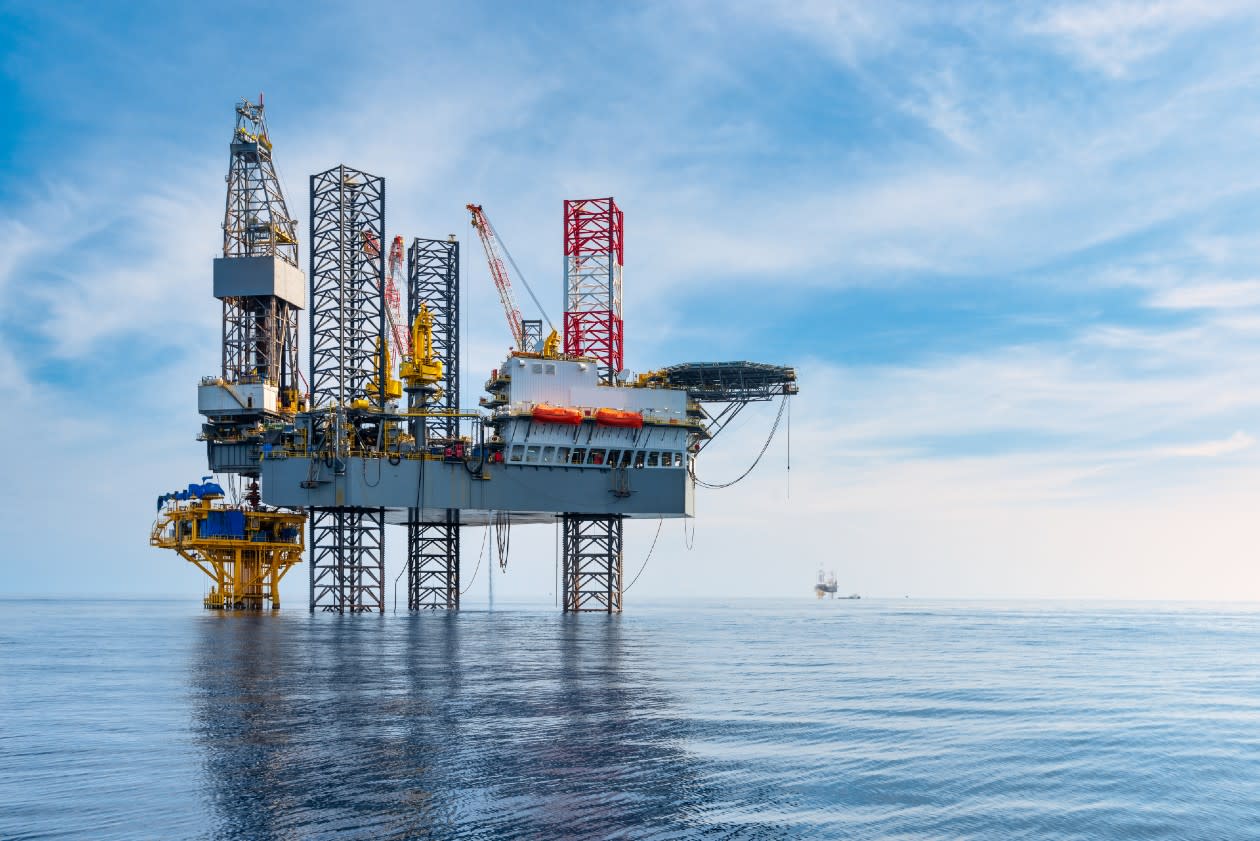Oil prices are likely to keep falling, the head of the International Energy Agency has said, as producers continue to pump volumes that exceed global demand.
“Given the current weak demand and lots of oil coming from the non-Opec countries, mainly from America and others, we may well see downward pressure on the price,” said Fatih Birol.
The bearish comments come after a turbulent fortnight in oil markets, with the price of benchmark Brent crude falling by more than $10 a barrel to tumble below $70 on Tuesday for the first time in nearly three years.
The mood among traders and speculators has turned sharply in recent weeks on fears of weaker growth in China and the US, prompting Opec to delay a plan to start reversing more than 2mn barrels a day of cuts. Birol spoke as the IEA released its latest monthly report on the oil market, which noted that oil demand in the first six months of the year grew at the slowest pace since the Covid-19 pandemic.
The main reason for the slower growth of the oil market is China, he said. “In the last 10 years, around 60 per cent of global oil demand growth has come from China. Now the Chinese economy is slowing down,” Birol said.
China’s rapid embrace of clean energy was also weighing on fossil fuel demand. “There is a very strong deployment of electric vehicles and improvement in fuel efficiency. As a result, the oil price fell substantially,” he added.
Birol noted that the oil markets had turned despite geopolitical tensions and production shutdowns that would normally prop up prices. “We should also consider this is happening in the context of Libya’s oil production of 1.2mn b/d being shut down and a war in the Middle East,” he said.
One year ago, Birol wrote in the Financial Times that the demand for fossil fuels would peak this decade. The IEA believes that oil demand is growing at a slower average rate this year of 900,000 b/d, compared with an increase of more than 2mn b/d in 2023. Total oil consumption will reach 103mn b/d this year, it said.
When it first cut its forecasts 15 months ago, the agency was widely criticised for being too bearish but, with only three months of the year left, Birol said it had proved accurate.
“We got some pushback from some corners with suggestions that our numbers were a result of some energy transition wishful thinking,” Birol said.
Opec had accused the IEA of peddling a “dangerous”, “anti-oil” narrative. The IEA is an arm of the OECD think-tank that was set up to ensure energy security for developed economies.
Birol said lower oil prices could revive demand next year, but there would still be headwinds from slower growth in China and the further take-up of electric cars across the world. Brent was trading at about $71.50 on Thursday.
“Our forecast for [growth of] 950,000 b/d for next year does consider some rebound of oil demand as a result of lower prices,” he said.
But the excess supply in the market will continue because non-Opec producers will continue to pump oil above that rate. “We see production growth [just] from the US, Brazil, Guyana and Canada at 1.1mn b/d,” said Birol.
Asked if Opec would be able to start increasing its quotas, as it plans to from December, he said: “It is completely up to [the group]. But one thing is clear. We currently have 6mn b/d of spare production capacity. It is one of the highest in history and it is an issue that the policies of Opec needs to consider.”
This article was written by Malcolm Moore from The Financial Times and was legally licensed through the DiveMarketplace by Industry Dive. Please direct all licensing questions to legal@industrydive.com.

